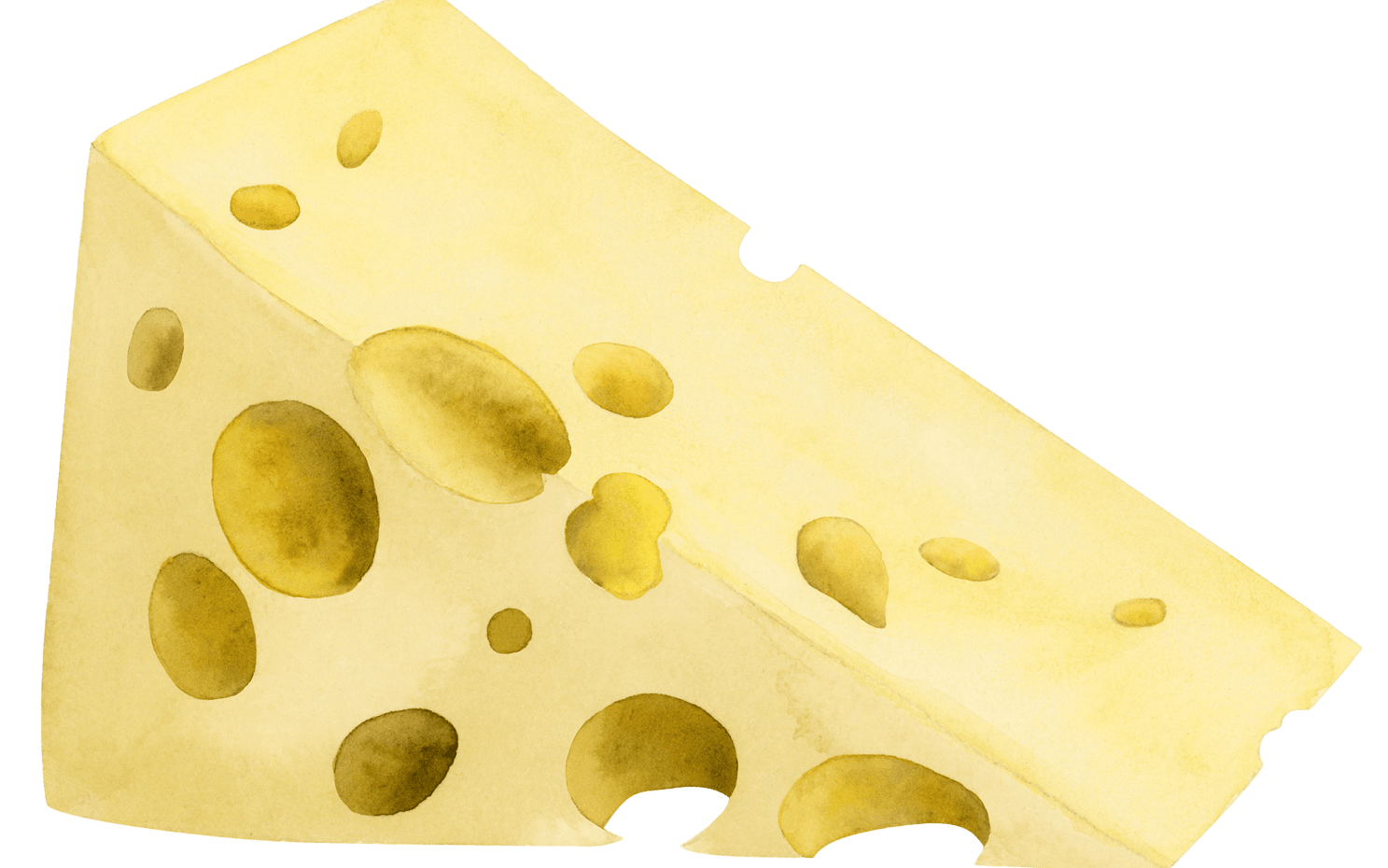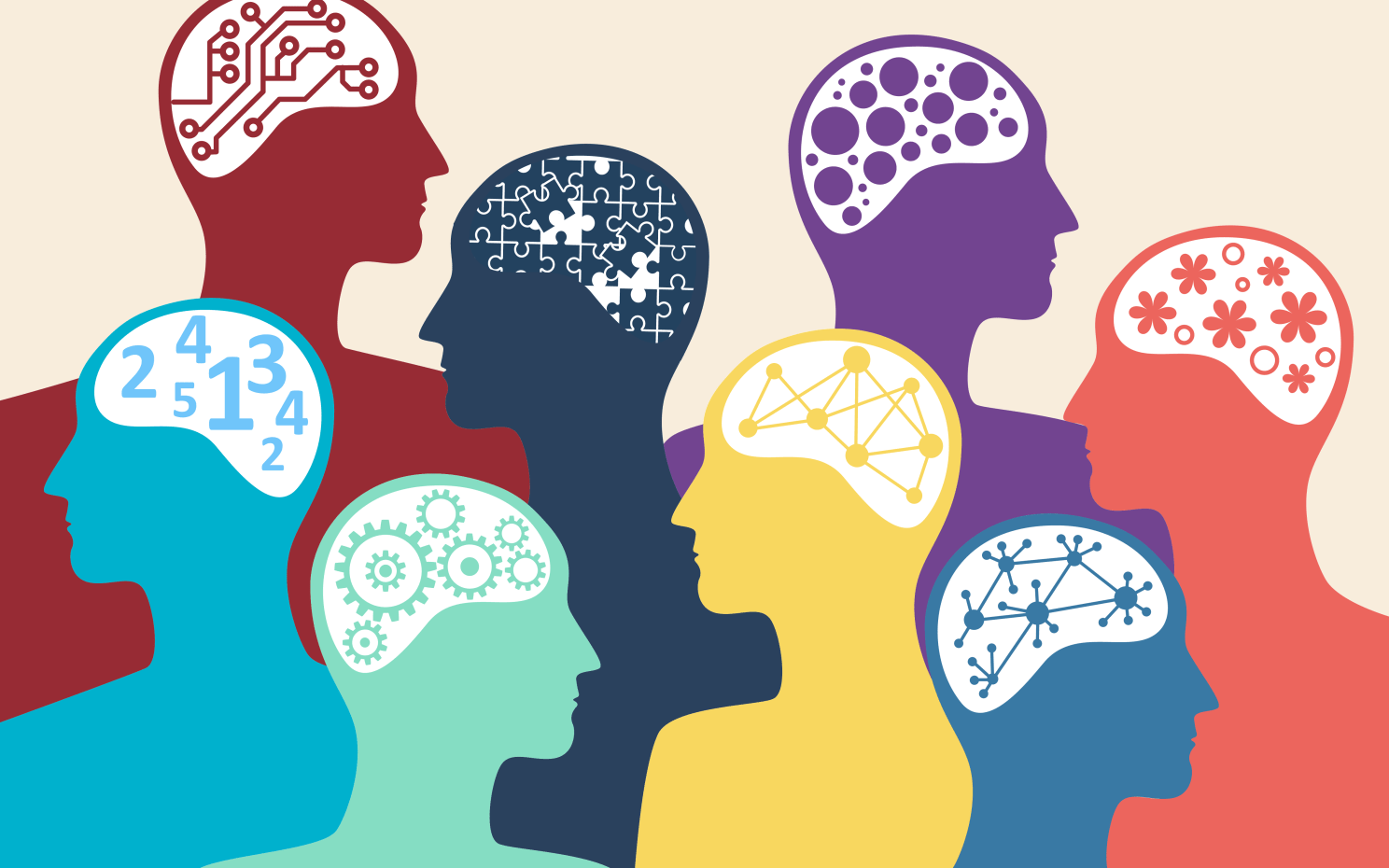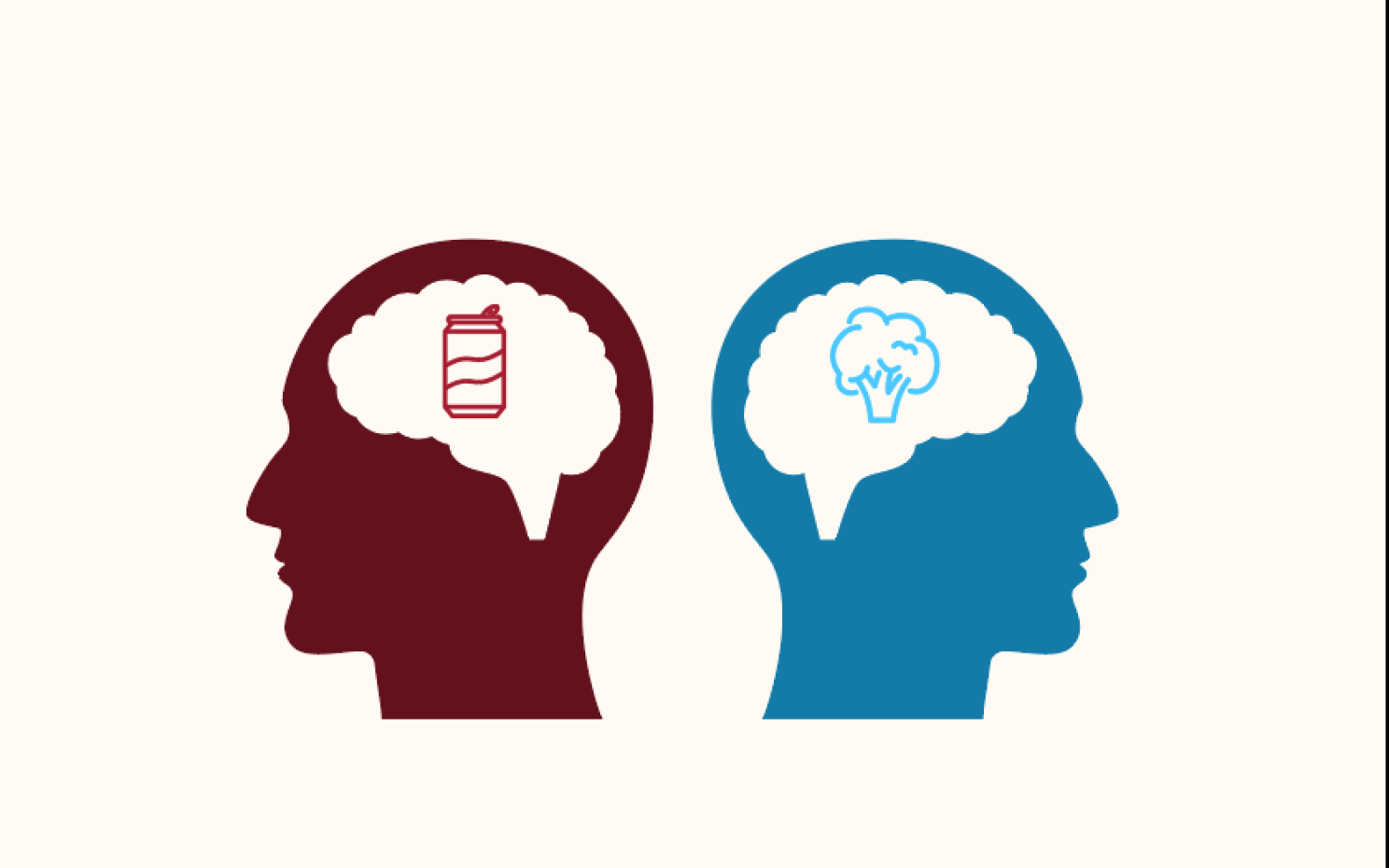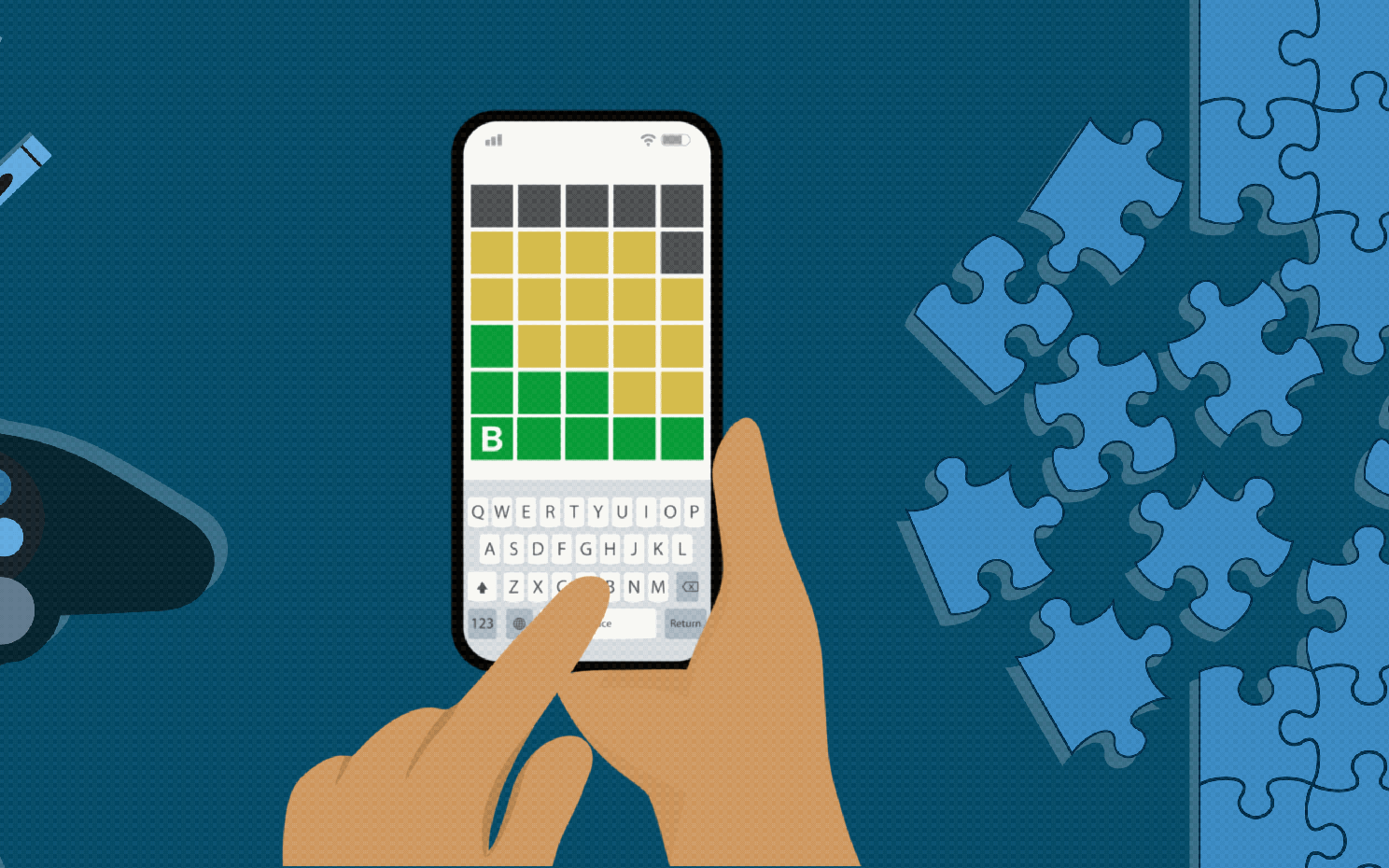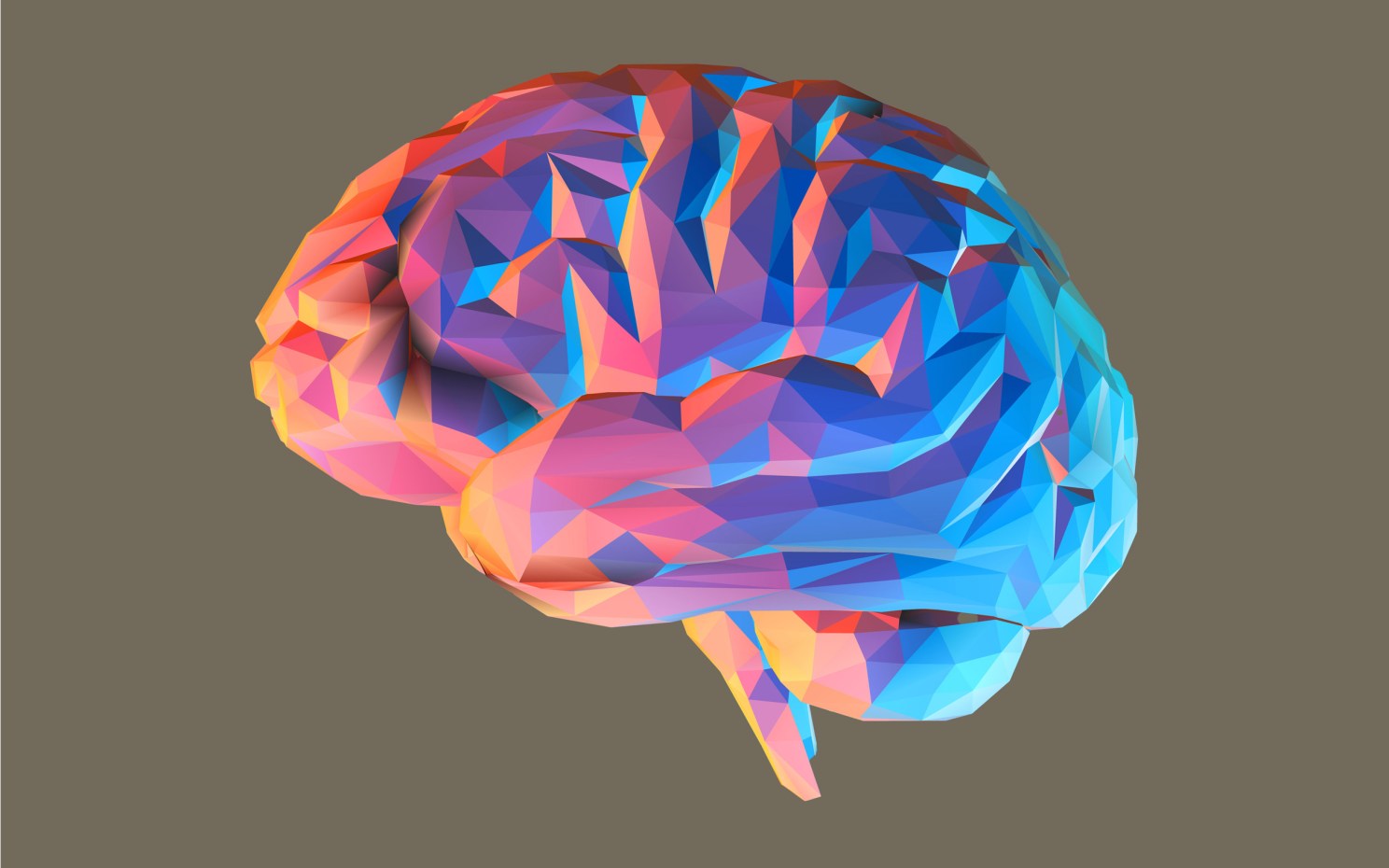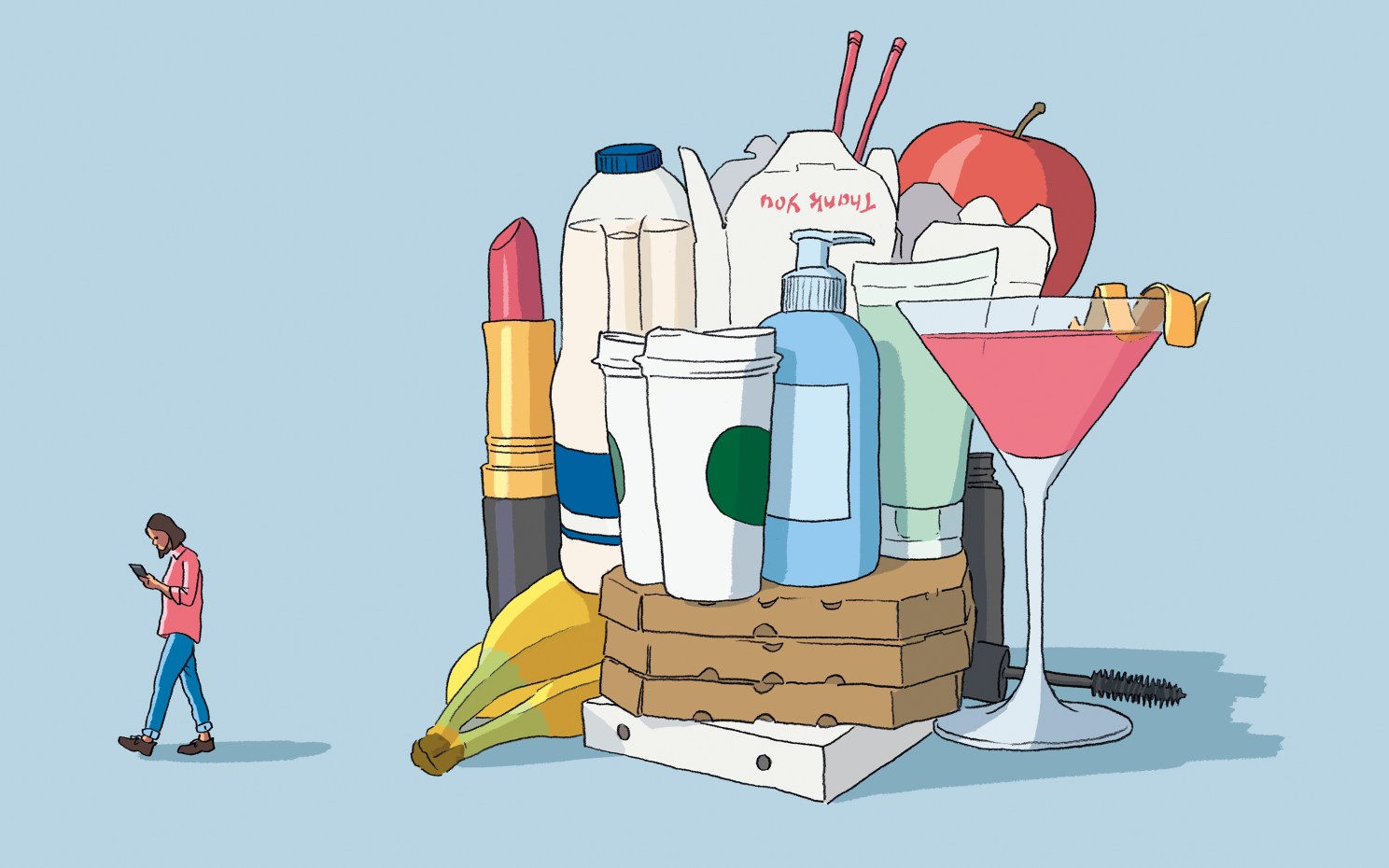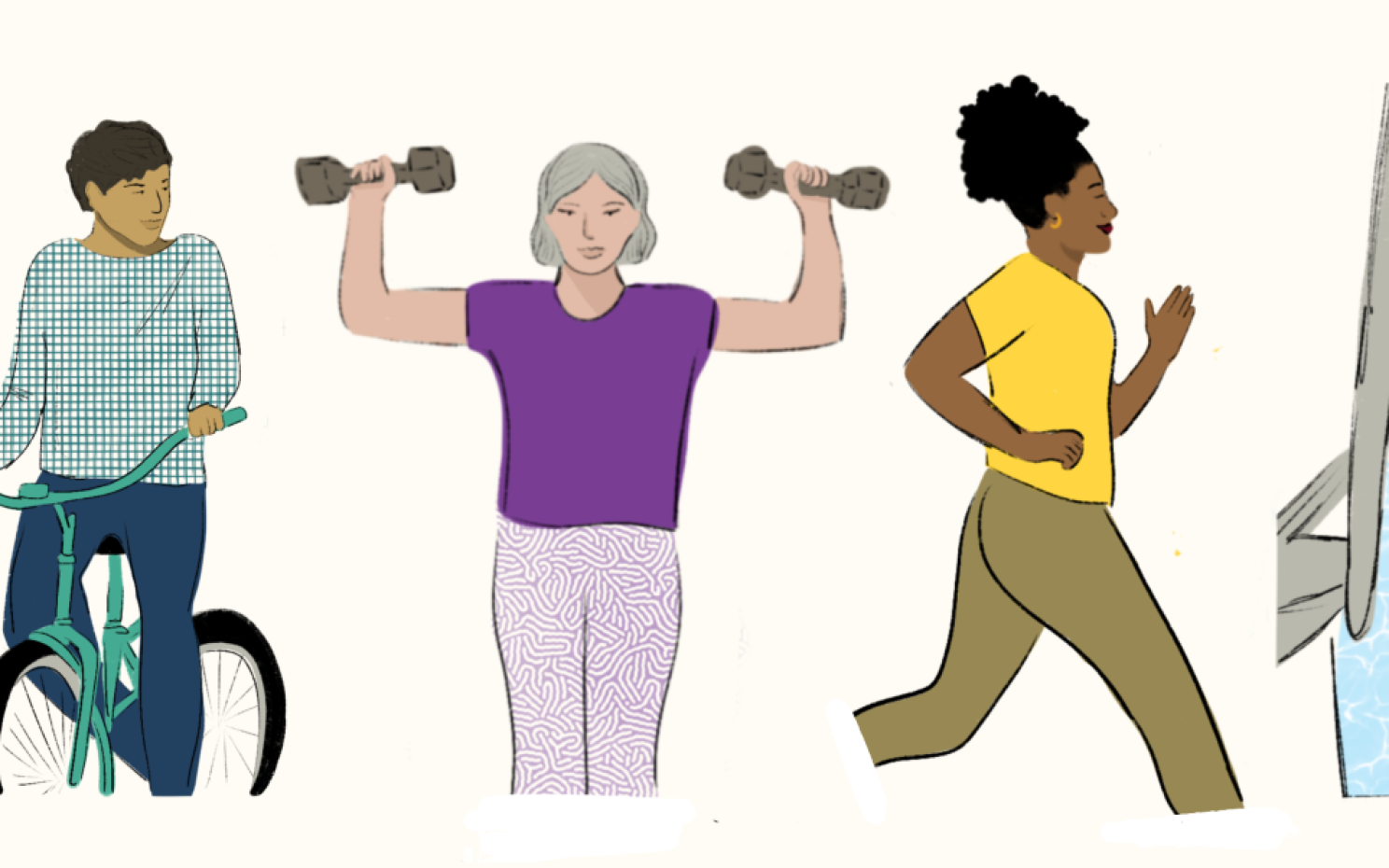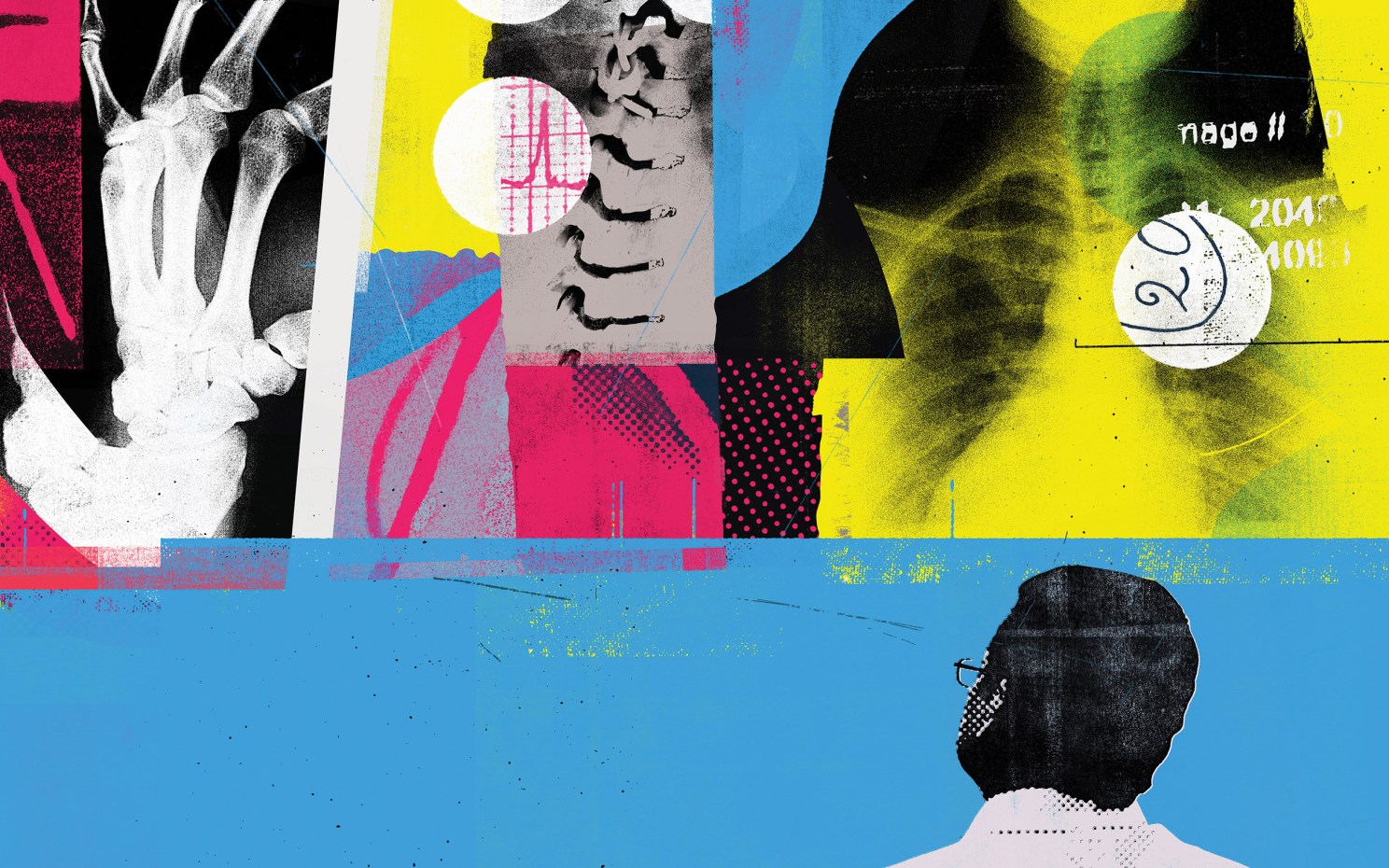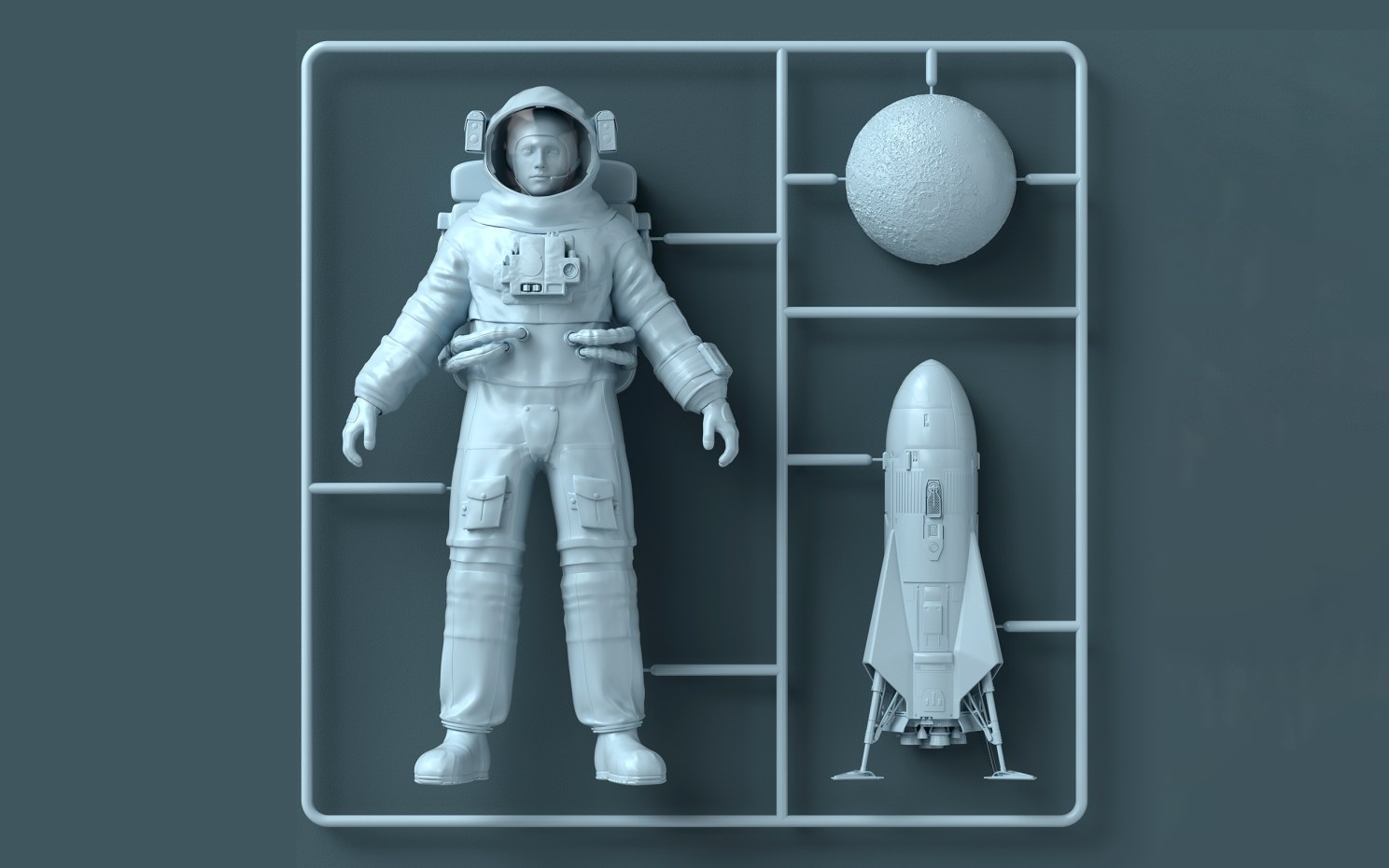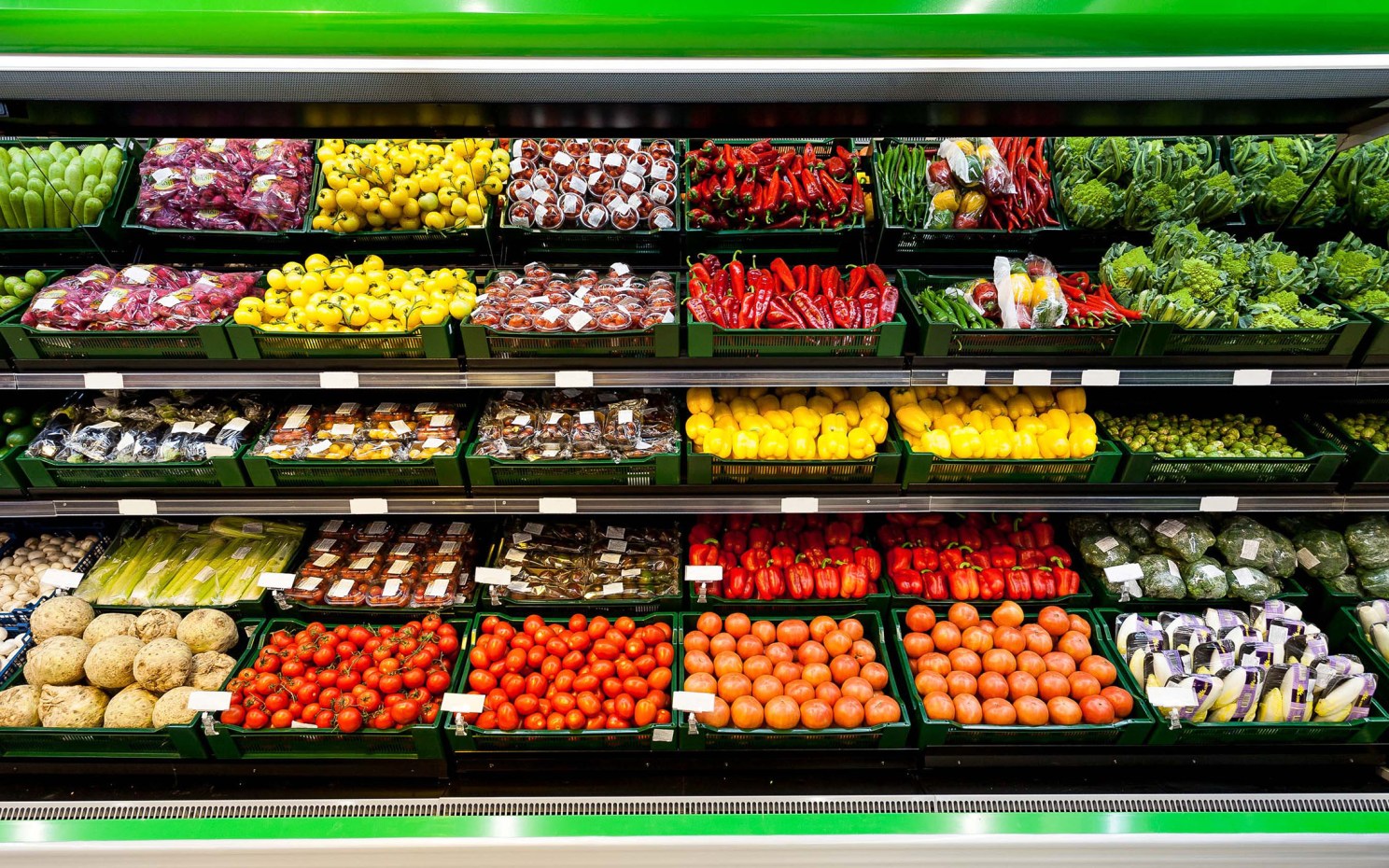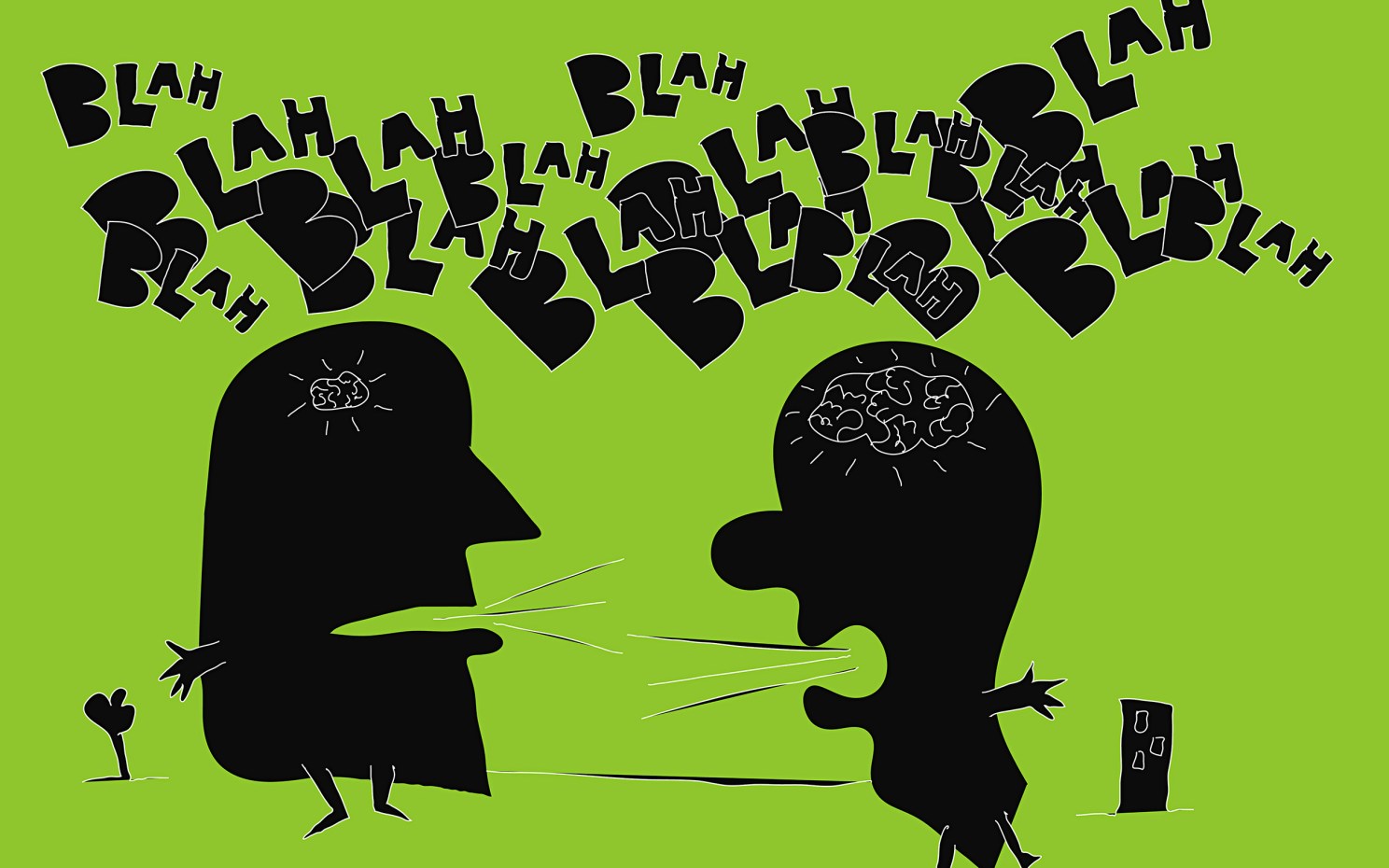What’s a little envy between friends?
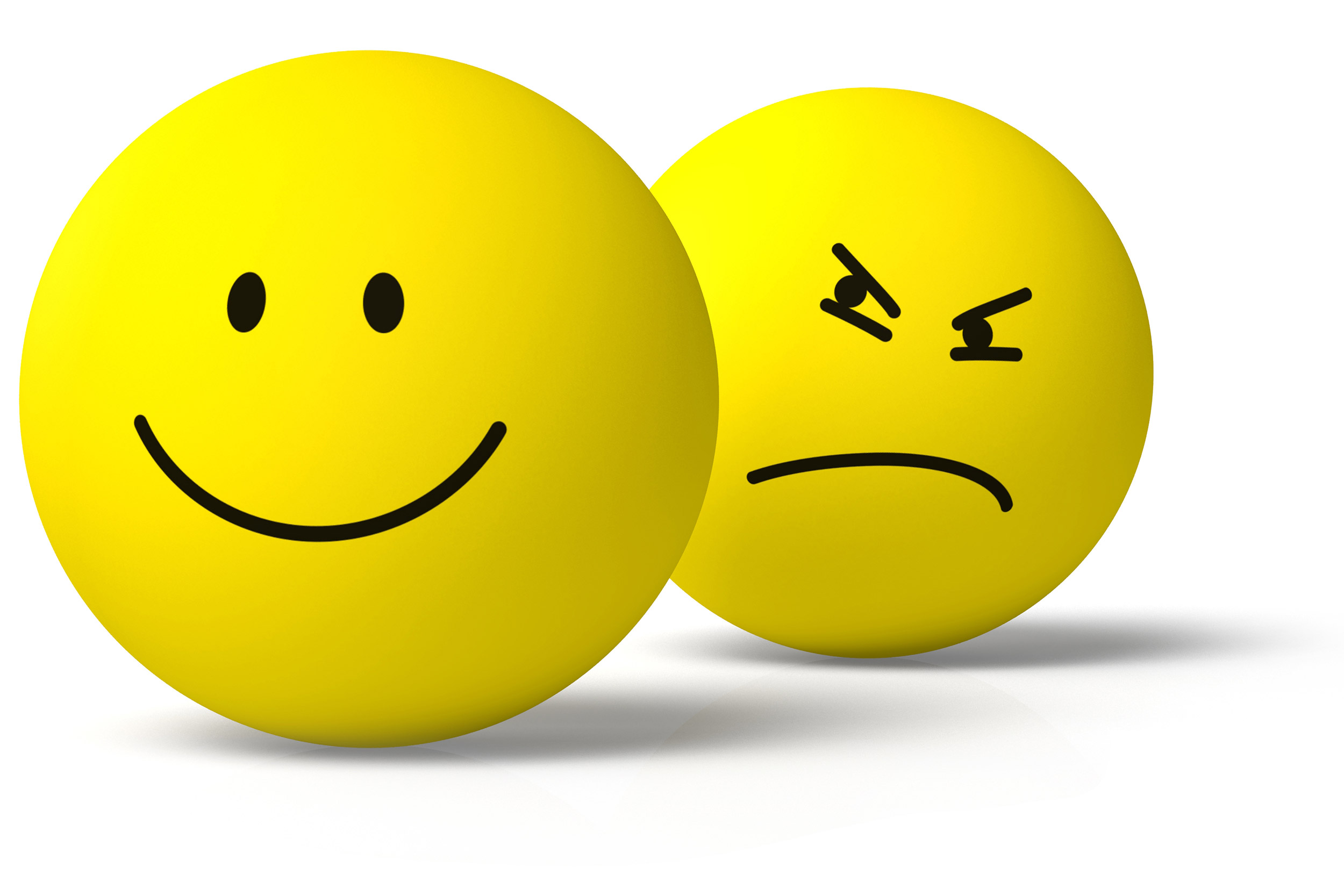
The feeling can eat you alive — but only if you let it
Part of the Wondering series
A series of random questions answered by Harvard experts.
For the latest installment, we asked the Kennedy School psychologist Jennifer Lerner to explain friend envy — where it comes from, why it’s so powerful, how we can avoid it. The question was inspired by a famous Gore Vidal quip: “Whenever a friend succeeds, a little something in me dies.”
Envy is a timeless emotion. Long before Gore Vidal, Aristotle said: We envy those whose acquisitions and successful efforts are a reproach to us. The Vidal quote makes clear how envy robs potential moments of joy. Envy can eat you alive. It’s characterized in the scientific literature as a strongly unpleasant state of inferiority, hostility, and resentment, which is why it sometimes triggers its cousin emotion schadenfreude — taking delight in another’s downfall. Outside of New England, there are millions of football fans who are both envious of the Patriots’ trophies and delighted when they lose. While brief moments of schadenfreude can be relatively harmless, envy tends to endure, sometimes to the point of obsession.
Fortunately, envy is not inevitable. One way to avoid it involves appreciating the collective good. For example, a writer whose friend wins a literary prize could focus on the fact that any advance in literature is ultimately an advance for all of us. After all, we all get to read the book! Relatedly, the thriving field of negotiation research has demonstrated that if you avoid assuming a “fixed pie mindset” — i.e., believing there’s a predefined set of goods in the world, and any good for the other person is less good for me — you have a better chance of finding integrative solutions to conflict that create more value overall.
In the Harvard community, where someone wins an international award nearly every day, it might be easy to become envious if you constantly compare yourself to the superstar down the hall.
Hundreds of studies find that human beings routinely make social comparisons, intentionally or unintentionally. Nowadays, social media magnifies opportunities for making such comparisons. In the Harvard community, where someone wins an international award nearly every day, it might be easy to become envious if you constantly compare yourself to the superstar down the hall. Instead, we can consciously choose to compare our present self to our past self.
As a motivation device, and one that short-circuits envy as a byproduct, I make it a habit to recall my past circumstances and compare them to my present. As a sophomore in high school, I was diagnosed with a lifelong, sometimes severe chronic disease, systemic lupus erythematosus. There have been many days, weeks, and months where my focus had to be on simply getting out of bed or getting out of the hospital. When I think about such times, doing what we social psychologists call “downward social comparison to my prior self,” I’m typically filled with gratitude that I can work at all. I find this is much more conducive to happiness and productivity than if I compared myself to someone else. Anyone can choose to compare their present circumstances to their past circumstances (rather than to others’ circumstances). We’ve all overcome tough times, especially during the pandemic. Actively pausing to reflect on resiliently living through such times is perhaps the best kind of social comparison our comparison-prone minds can make. “Whenever a friend succeeds, a little something in me smiles” — knowing that they’ve overcome something, too.
— As told to Colleen Walsh, Harvard Staff Writer



